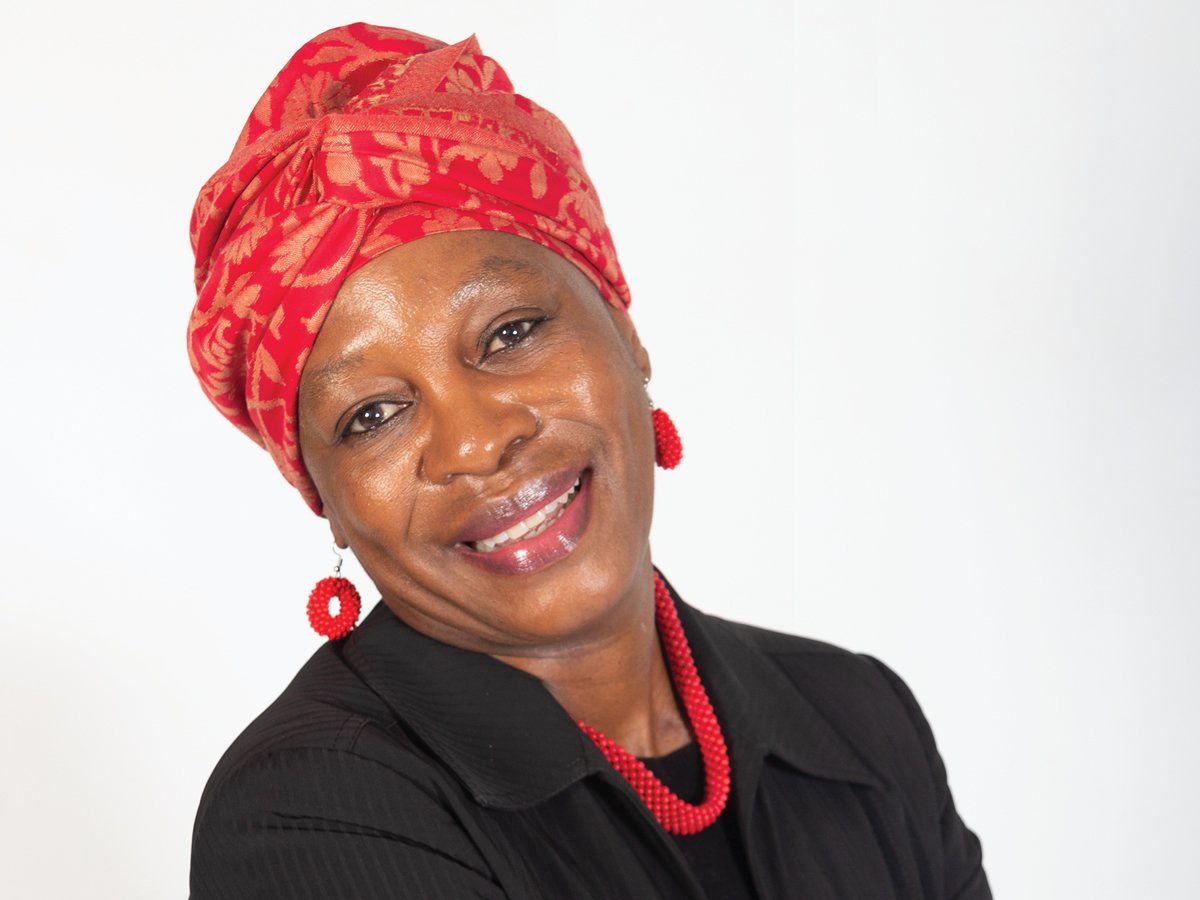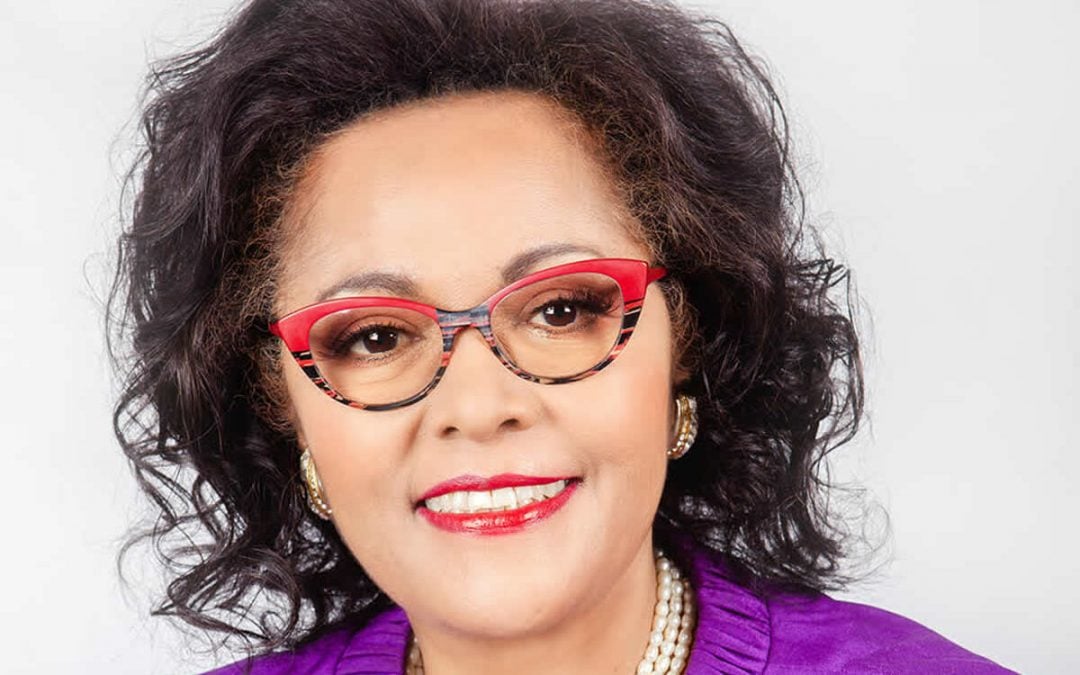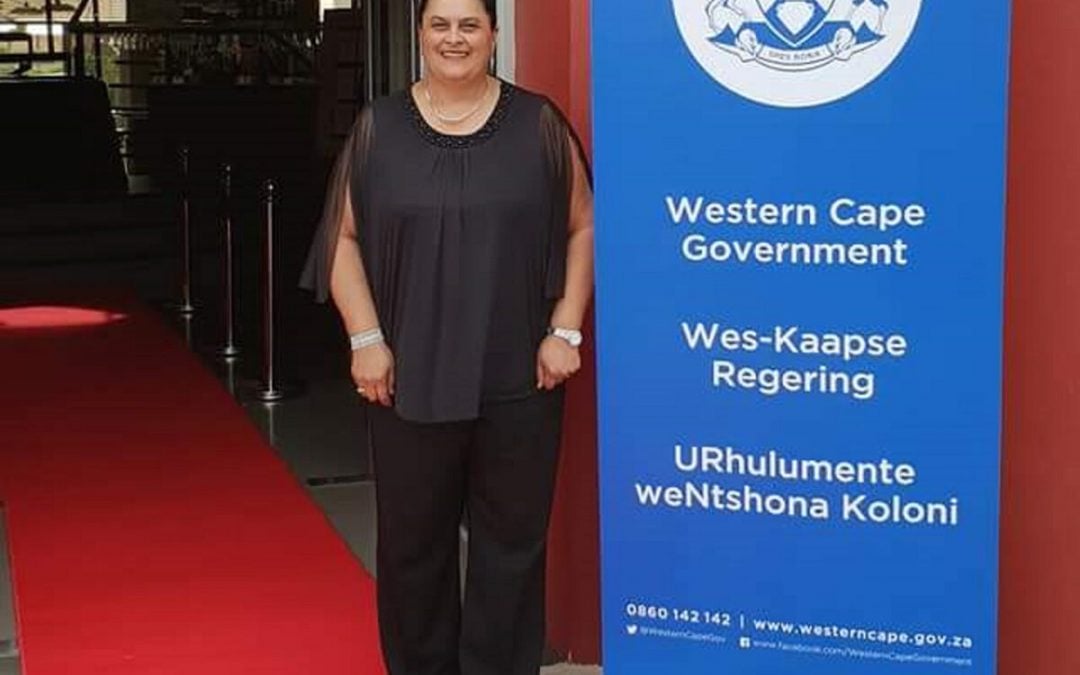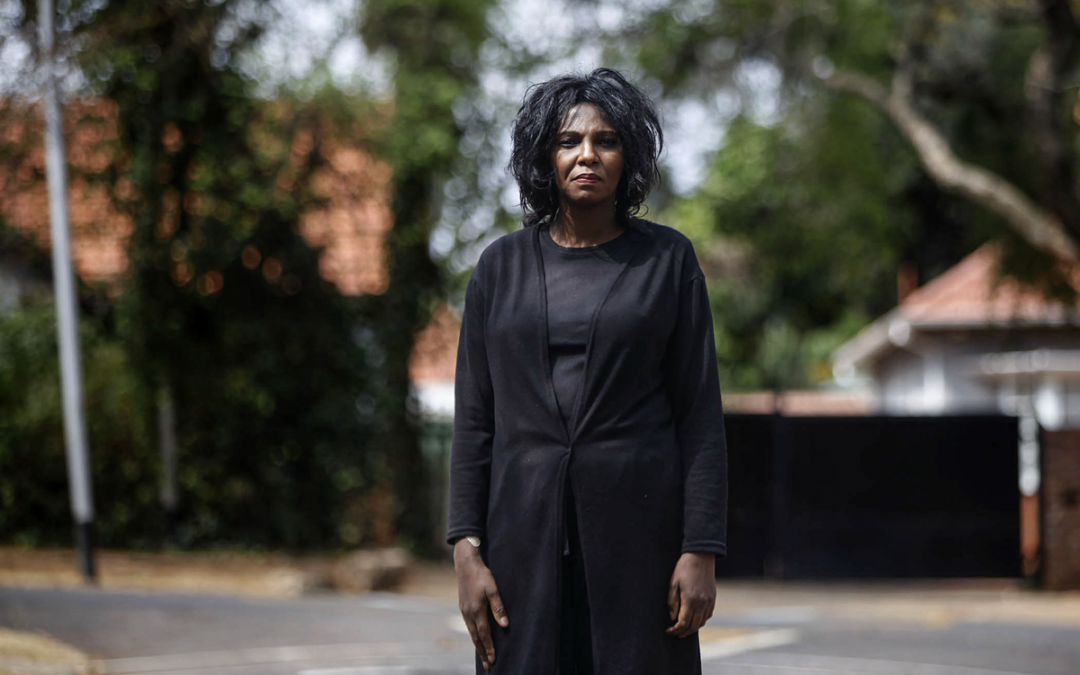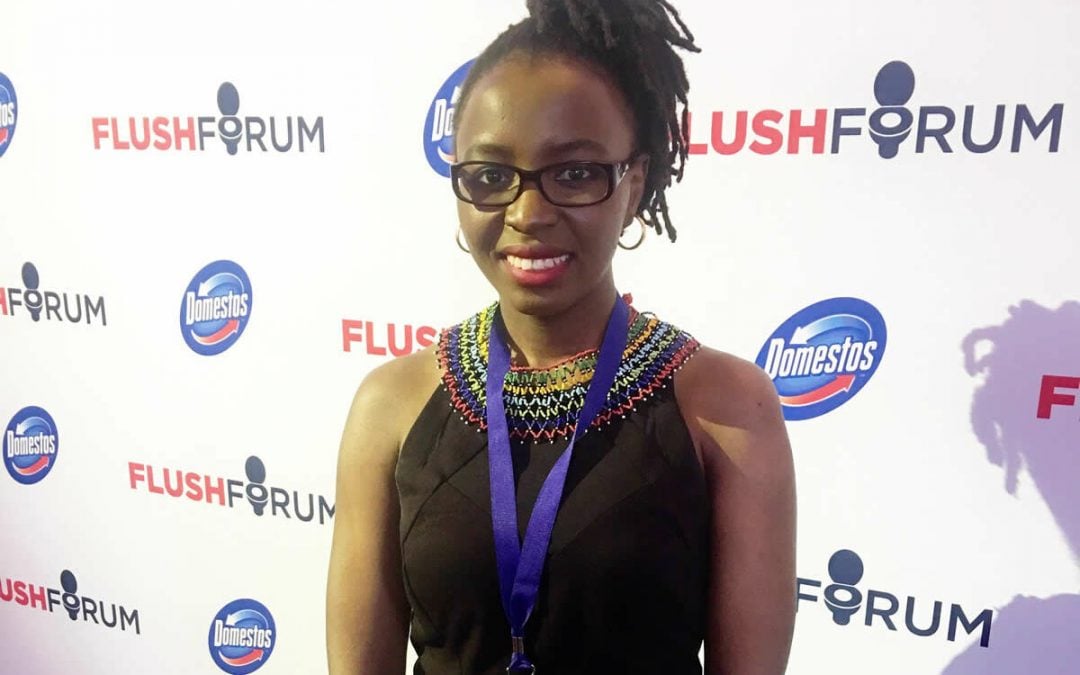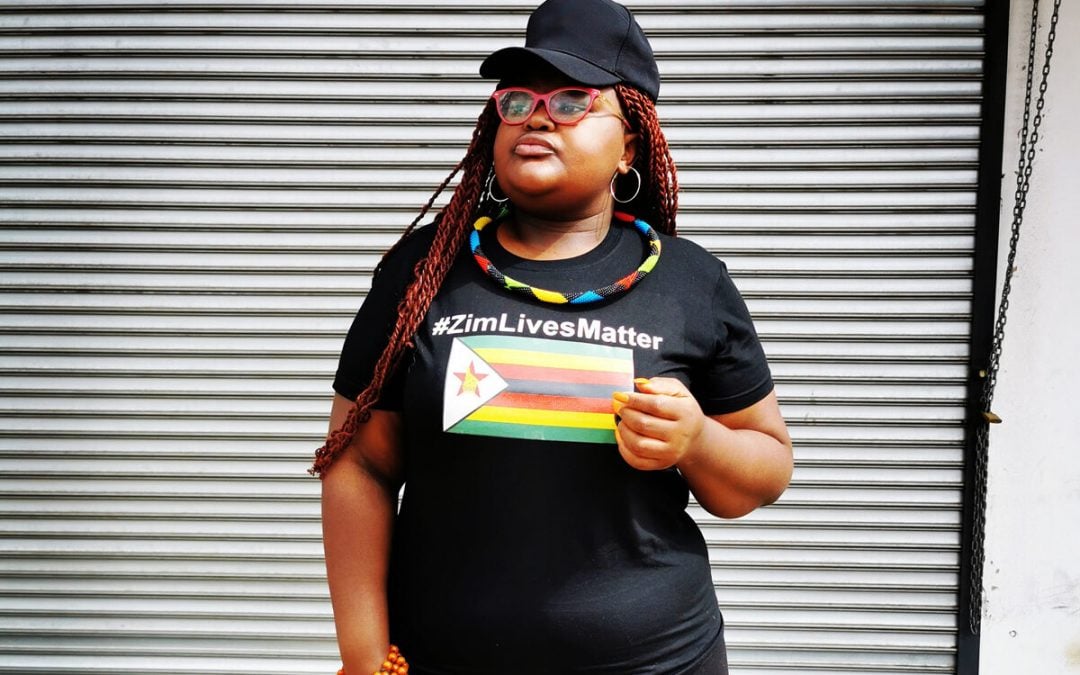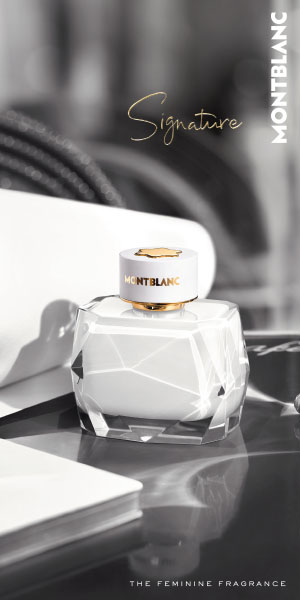Ravele is a leading woman, creating space for women in sports.
If sport and women empowerment had an equation, Muditambi Ravele would be the answer to it.
The 58-year-old hails from the royal lineage of the Ravele clan chieftaincy and is related to the king of the VhaVenda in the far north of Limpopo province. From a young age, her parents — a postmaster and a teacher — taught her the value of education.
Growing up, she learnt that chieftaincies are patriarchal and a difficult place for women to prosper in. As she grew older, she began to see and feel the difficulties women had to overcome to have the same careers as men. She found her place in sport.
After completing her high school education, Ravele pursued a senior teacher’s diploma and specialised in physical education.
As a trained teacher, she gravitated towards leadership positions in sport and the community and was faced with gender inequality, lack of equity and injustice whenever she stood for a position on committees and in other sports structures.
She believes that her royal heritage may have instilled the leadership characteristics that led her to aspire to become a woman of influence in society.
Ravele holds a diploma in sport management and a BTech in business administration. She has qualifications in athlete management, and has participated in the Executive Sports Management Programme and the Strategic Executive Marketing Programme. She is currently completing a master’s in entrepreneurship.
She has served in sport at all levels and participated in many sporting codes. As a young woman, she was forced to move from playing netball into administration when she realised that netball is a women’s sport but administered, officiated and coached by men.
Ravele was appointed as the president of Netball South Africa after a commission into netball in 1999. She was tasked with turning around the organisation, securing sponsors, transforming the sport, ensuring that netball is televised, and many other targets. She achieved these goals within two years and, in her second and third terms, she concentrated on maintaining standards and on reaching out to Africa and the international stage.
In 2013, she was selected by sports minister Fikile Mbalula to chair the board of professional boxing at Boxing South Africa. She joined an organisation that was characterised by poor governance, and financial and operational mismanagement. In a traditionally male-dominated sport, the board was also predominantly male. But in two years she changed the organisation’s management, put new systems in place and started a programme for women in boxing, which has been a resounding success.
She has been the woman who put boxing back on our TV screens on SABC. By the time she left a better-managed Boxing South Africa, it was financially sound and pulling in R11-million in government grants, up from the R2-million it received before. She was also the first woman to head marketing and corporate communication at the Premier Soccer League.
But being a woman in a male-dominated field meant that Ravele had many battles to fight because of her gender. Her biggest challenge has been contesting leadership positions against men who saw her as a threat because of her credentials and experience. But, like any other obstacle in her life, she is prepared and takes on the challenge by equipping herself with the organisational knowledge and confidence.
To see more women entering the sporting space motivates Ravele. In 2008, she registered a non-governmental organisation called the South African Women and Sports Foundation. Part of its programme is to empower women in sport and provide them with mentorship and leadership training. She hopes that, in five years, the foundation will provide young women and girls with full-time work, place more women and girls in leadership positions, and develop girls to play sport and create sporting careers.

